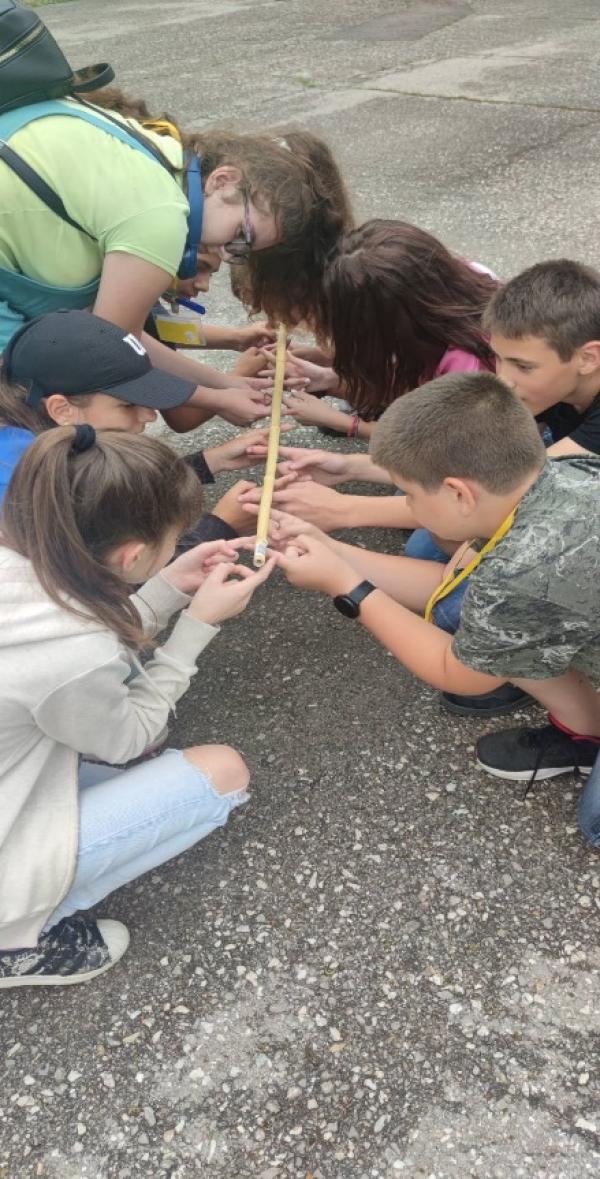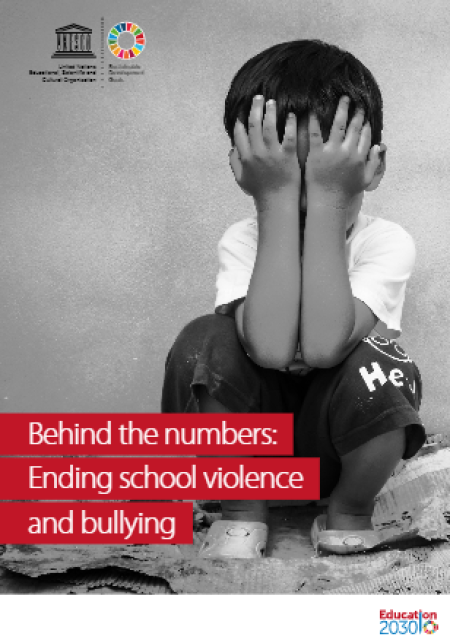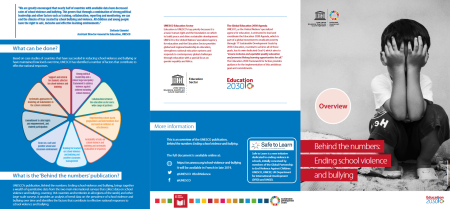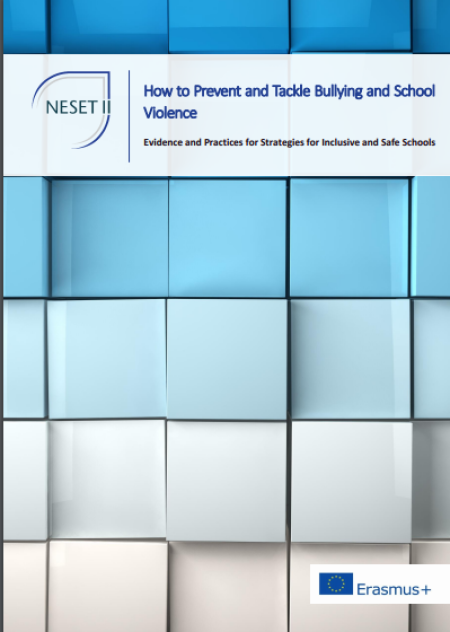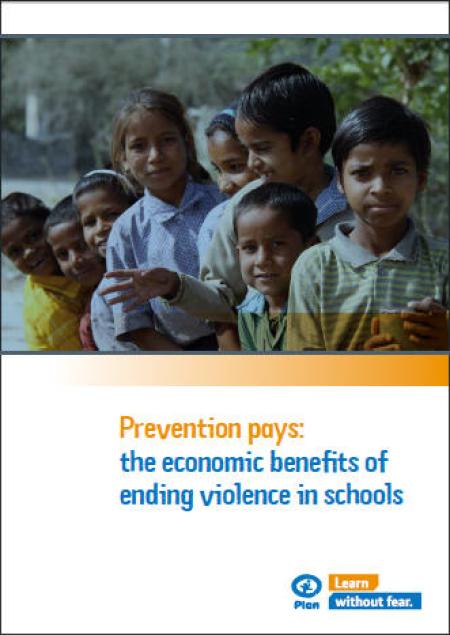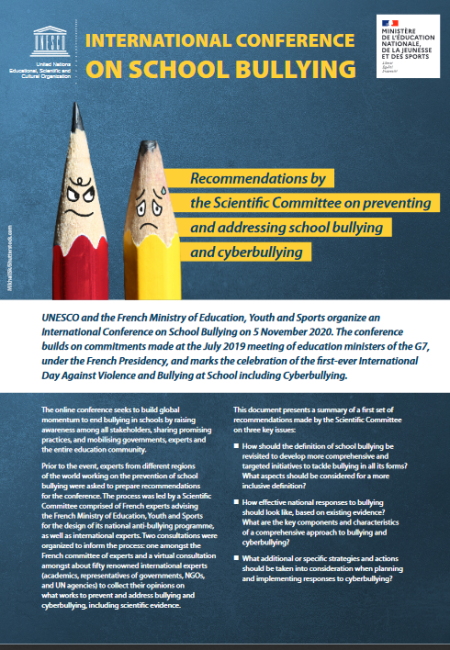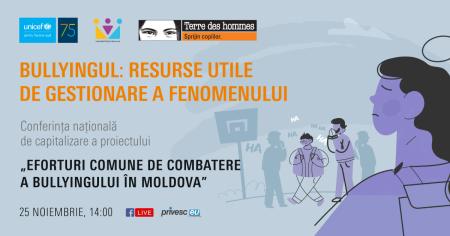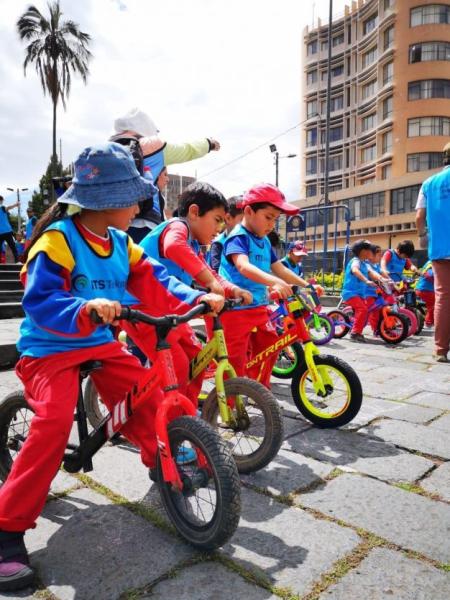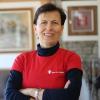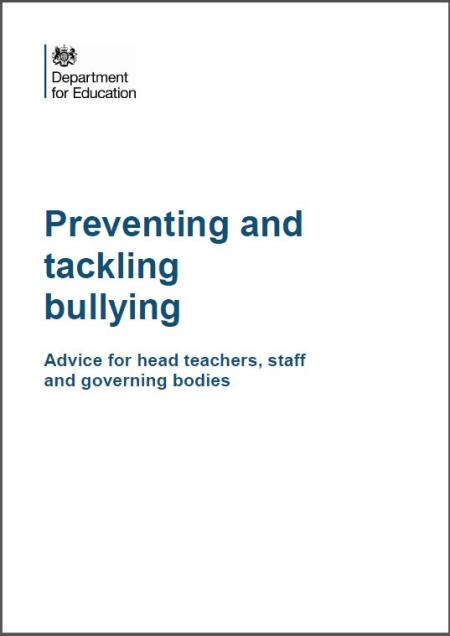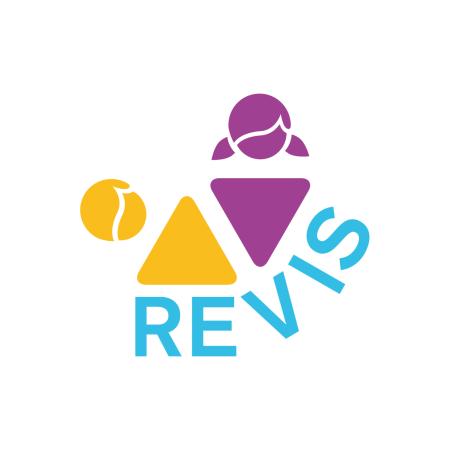
SAPI, in partnership with organizations from Hungary, Romania, Croatia and Serbia, is implementing a two-year project called REVIS - REsponding to VIolence against children in Schools and adjacent settings, financed by the EU. Within 6 months after the piloting of the program on Shifting Norms around Violence in Schools, the first cycle of activities in 10 schools across Bulgaria was completed. The students expressed the opinion that the Program "Shifting Norms around Violence in Schools" for the first time focuses on social norms and their influence on the relationships among them in the school environment. They defined the topics of the program as "important”; topics that are generally not talked about at school, but they want to talk about it.
As a result of the group work in the program sessions, we report that the children have developed the ability to express themselves more confidently, to argue, to plan initiatives in their school communities.
Participating in discussions on specific topics from the program helped the children to draw conclusions, for which they had not guessed until now, for example, because they theoretically know all the rules and expectations for themselves, but in practice there is a confusion, which is often due to the influence of children who impose "technique rules". As a positive response, children define the fact that they themselves have determined the rules, that adults vote their trust and open space for conversations for which there is no time during school hours or class time.
The theme of changing social norms and violence in school motivates the children, who are involved in all the activities provided for in the Guide. At the end of this stage, students will propose solutions for violence prevention in their school, and will create impactful projects (designer printing, video or other forms of creativity) through which they will present their ideas.
Understanding the importance of changing the norms related to violence in some schools, the children often talked about how to influence the other students in the school: from the youngest to the oldest. They offered ideas for daily small steps to involve the whole school. Some of these ideas are the basis of their projects for changing school norms, which they will implement in the following period. In some schools, the children, with the support of the facilitators, planned specific activities with deadlines and responsibilities such as: a box for opinions, an arbitrator in conflict situations, growing flowers in the school, mentoring younger children, a "secret friend" type, etc.
It makes the impression that children's understanding of the problem goes through understanding what causes aggressive behavior and this greatly stimulates their proactivity. At the base of the discussions were ideas on what to do so that the violence does not happen and less what to do after it happens.
The good cooperation between the facilitators and the preliminary detailed preparation of the classes contributed to the successful work of the groups. Working with cases, mostly prepared from real life events at the relevant school, helps to understand them and enriches the palette of possible non-violent solutions in everyday relationships.
As the work on the program progressed, there was a change in the type of tasks and discussions that the children expected. They showed a greater desire for creative tasks and those that make them reflect on themselves, on their relationships with friends, classmates and adults, which made them more active and motivated.
In some schools, discussions were held to involve the parents, joint initiatives with them, how to tell the children what happens during the sessions, how to make decisions together, etc.
In carrying out the tasks in the program, the children went out and searched for solutions to questions that go beyond their school environment: "I want to talk about a newer and more interesting educational system."
One of the most memorable exercises for children in the program was the exercise "Roses, thorns, rose buds". They had the opportunity to see their successes and achievements through their participation in the program, to reflect on the challenges, to understand what they have learned.
As their achievements, the children note:
"I'm most proud of the fact that we're trying to improve our relationships, I think it's very good that we've learned how to treat others better."
"I liked the time spent here a lot."
"We became closer and closer. We have more trust in each other."
"We know how to support each other, to respect people with different sexualities.
"We became better and safer, we learned who to turn to if there is a problem, we learned to share, we got to know each other and we became more united, we understood that feeling good is very important."
The project "REVIS - prevention and response to violence among children of school age" aims to prevent, fight and respond to violence among children by changing social norms and behavior, to encourage children to challenge the social norms that lead to violence from peers and development of solutions to conflict problems. The project was launched in Bulgaria, Croatia, Romania, Serbia in January 2021, and is coordinated by Terre des hommes Hungary.
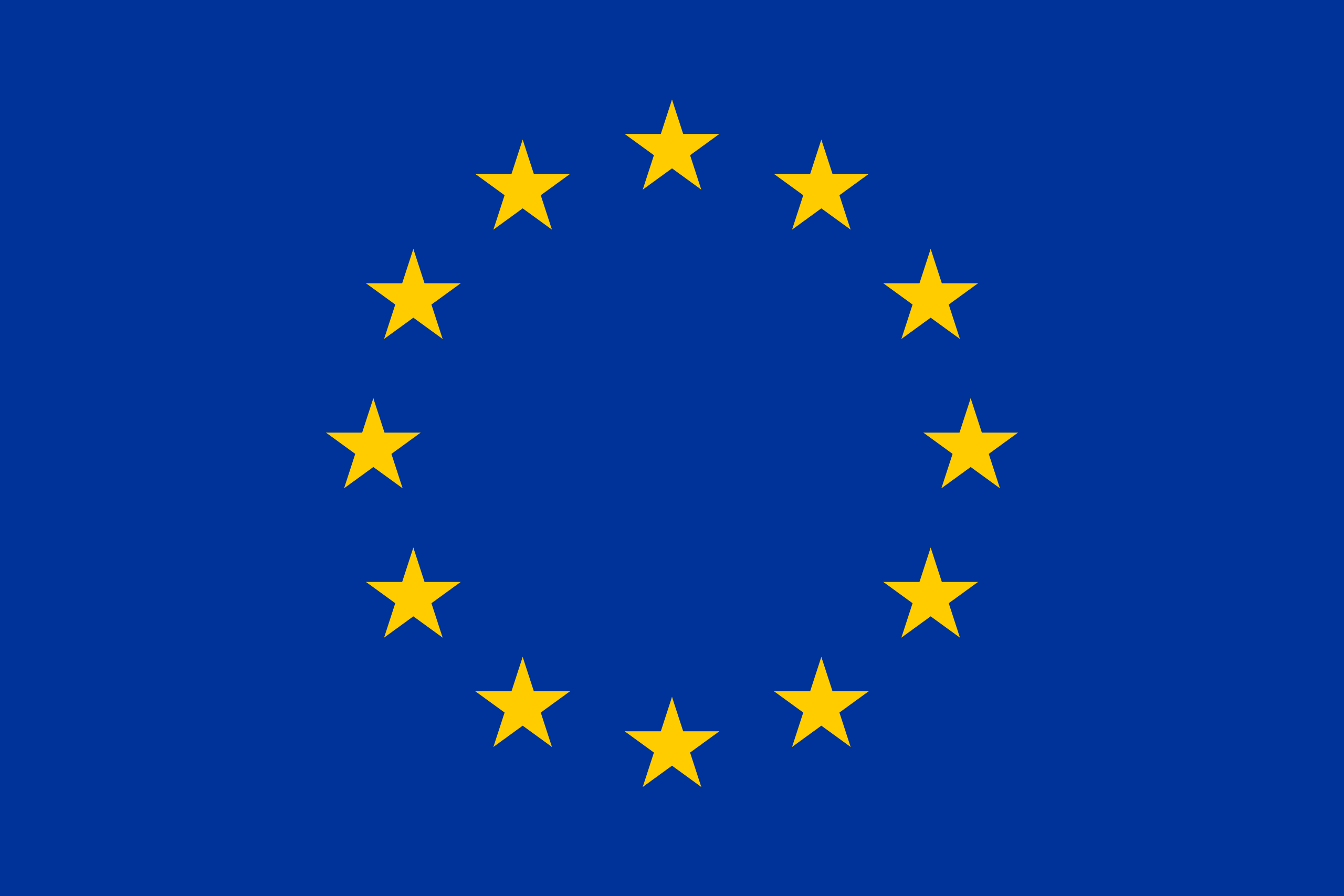
The REVIS project is co-financed from the “Rights, Equality and Citizenship” (2014–2020) Programme of the European Union.


